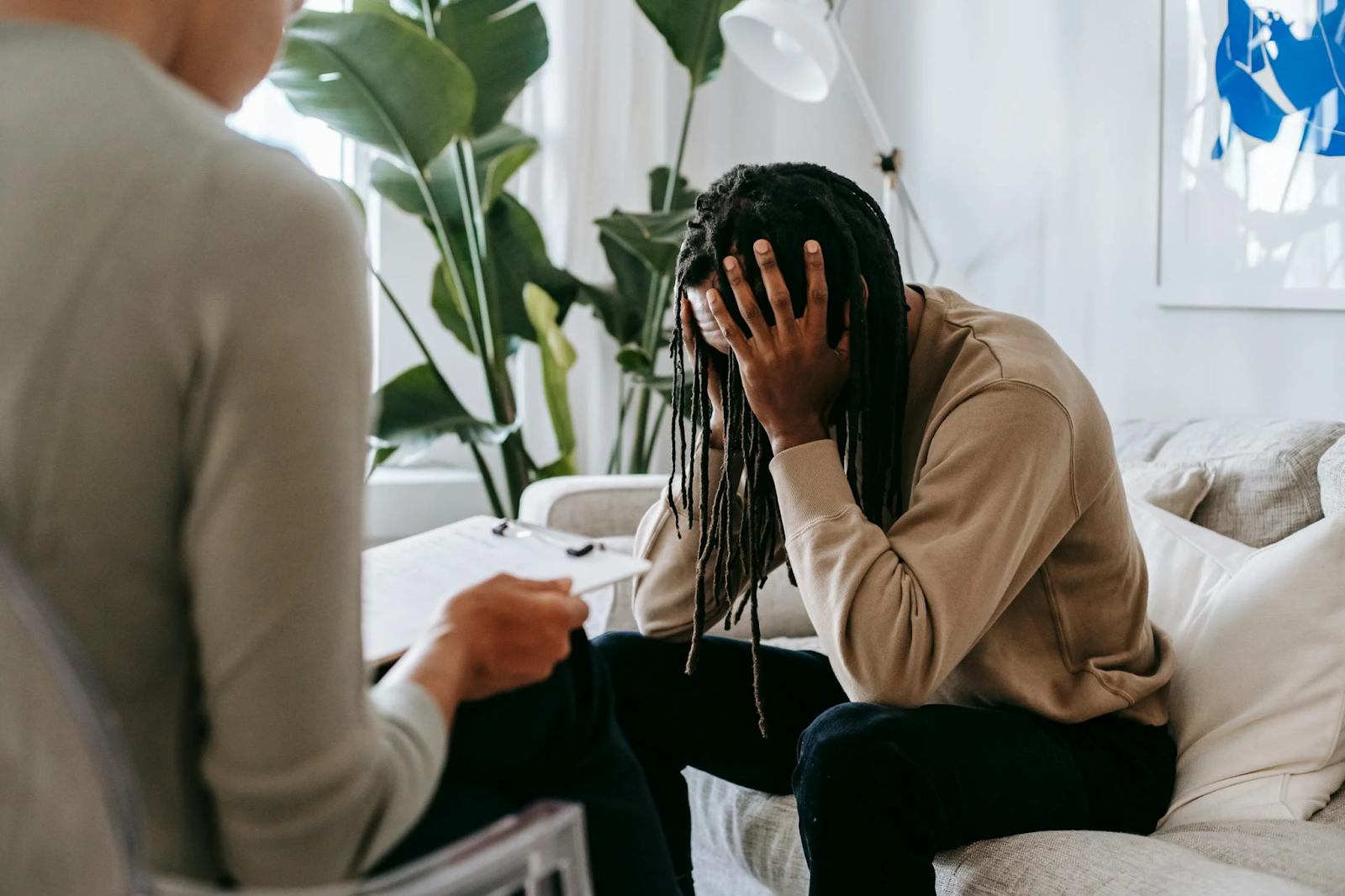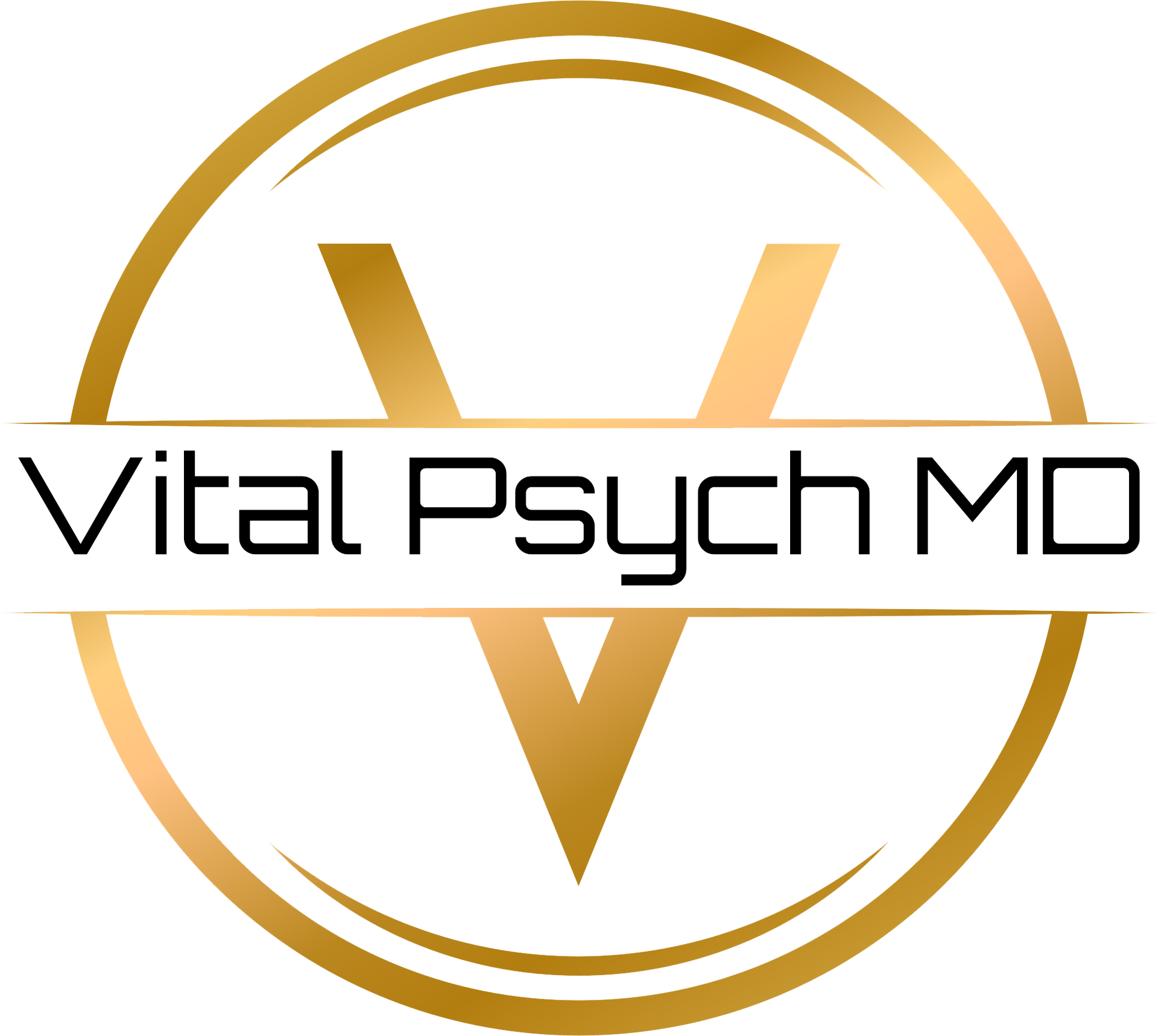Anxiety and Its Impact on Daily Life: Strategies for Overcoming Challenges
Anxiety is a pervasive mental health issue that affects millions of individuals worldwide. It manifests as persistent feelings of worry, nervousness, or unease, and can significantly disrupt daily life. These symptoms often interfere with one’s ability to concentrate, maintain relationships, or achieve personal and professional goals. Anxiety disorders, such as generalized anxiety disorder (GAD), social anxiety, and panic disorder, are increasingly common. These conditions not only influence personal routines but also impact social interactions, making it essential to understand and address them. According to the Anxiety and Depression Association of America, anxiety disorders affect 18.1% of the U.S. population annually, highlighting the importance of exploring effective strategies for managing this condition. Addressing anxiety proactively can improve quality of life and foster resilience.
Anxiety Triggers in Urban Environments
Urban settings like New York City, Miami, and Austin present unique challenges for individuals with anxiety. Crowded spaces, noise pollution, and fast-paced lifestyles can contribute to heightened anxiety levels. For instance, navigating public transportation or working in high-pressure environments can exacerbate anxiety symptoms. Specific triggers, such as traffic congestion or constant digital connectivity, further amplify stress levels in urban settings. Studies have shown that urban living is associated with increased stress and anxiety due to these environmental factors. Recognizing these triggers can help individuals develop targeted strategies to navigate urban challenges more effectively.
Mindfulness Techniques for Managing Anxiety
Mindfulness is a practice that involves being present at the moment and acknowledging one's thoughts and feelings without judgment. It is beneficial in managing anxiety by promoting relaxation and enhancing emotional awareness. Mindfulness practices such as meditation, deep breathing exercises, and yoga can be seamlessly integrated into daily routines to help reduce anxiety. For example, dedicating just 10 minutes each morning to mindfulness meditation can create a sense of calm that carries through the day. Experts often highlight the effectiveness of mindfulness, noting that it encourages relaxation and enhances emotional regulation. These techniques are particularly useful for counteracting the cumulative stress of daily life.
Cognitive Behavioral Strategies
Cognitive behavioral therapy (CBT) is a widely used approach for treating anxiety. It involves identifying and challenging negative thought patterns and behaviors. Common CBT techniques include cognitive restructuring, which involves changing negative thought patterns, and exposure therapy, which gradually exposes individuals to anxiety-provoking situations. For instance, someone with social anxiety might begin by attending a small gathering before gradually progressing to larger events. These strategies can be applied in daily life, helping individuals manage anxiety effectively. Research supports the success of CBT, with studies indicating significant improvements in anxiety symptoms for many individuals. Regular practice of CBT techniques fosters resilience and adaptive coping mechanisms.
The Role of Medication in Anxiety Treatment
Medication can play a role in managing anxiety disorders, particularly for those with severe symptoms. Selective serotonin reuptake inhibitors (SSRIs) and benzodiazepines are commonly prescribed medications that can help alleviate anxiety symptoms. For instance, SSRIs like sertraline or fluoxetine can address underlying chemical imbalances in the brain. It is crucial to seek professional guidance when considering medication, as a healthcare provider can help determine the most appropriate treatment plan. Often, a combination of medication and therapy is recommended for a comprehensive approach to anxiety management. This integrated approach allows for more tailored and sustainable outcomes.
Building a Support System
Having a strong support system is essential for managing anxiety. Family, friends, and support groups can provide valuable emotional support and understanding. It is important to communicate needs and set boundaries with loved ones to create a supportive environment. For example, letting close friends know when you need space or reassurance can foster healthier interactions. Joining local or online support groups can also offer a sense of community and shared experiences, which can be particularly beneficial for individuals with anxiety. A strong support system empowers individuals to feel understood and less isolated in their struggles.
Lifestyle Changes to Alleviate Anxiety
Certain lifestyle changes can help reduce anxiety symptoms. Regular physical exercise, a balanced diet, and adequate sleep are crucial for maintaining good mental health. For instance, engaging in activities like jogging, swimming, or yoga releases endorphins, which naturally reduce anxiety. These elements can be incorporated into a busy urban lifestyle by setting aside time for exercise, planning meals, and establishing a consistent sleep schedule. Studies have shown that these lifestyle changes can significantly impact anxiety management, contributing to overall well-being. Adopting these habits can also build long-term resilience against stressors.
Local Resources and Support in Urban Areas
For individuals struggling with anxiety in urban areas like Miami, New York, and Austin, various resources are available. Mental health services, hotlines, and community programs can offer support and guidance. Telemedicine and online therapy options have become increasingly accessible, providing convenient ways for urban residents to receive mental health care. For example, platforms like BetterHelp and Talkspace allow individuals to connect with licensed therapists from the comfort of their homes. Accessing these resources can be a crucial step in managing anxiety effectively. Utilizing local and digital resources ensures timely support and fosters a proactive approach to mental health care.
The Influence of Technology on Anxiety
The rapid advancement of technology in recent years has introduced both positive and negative effects on anxiety levels. On one hand, technology facilitates access to mental health resources, including therapy apps and online support groups, making it easier for individuals to seek help. On the other hand, excessive screen time and social media usage can contribute to increased anxiety, as individuals may experience feelings of inadequacy or fear of missing out. Striking a balance in technology use is essential, as it can either alleviate or exacerbate anxiety symptoms. Understanding the impact of technology on mental health can help individuals make informed decisions about their digital habits.
The Importance of Professional Help
Seeking professional help is a critical step for those dealing with severe anxiety. Mental health professionals, such as therapists and psychiatrists, are trained to diagnose and treat anxiety disorders. They can provide personalized treatment plans that may include therapy, medication, or a combination of both. Professional help ensures that individuals receive the appropriate care and support needed to manage their anxiety effectively. Mental health professionals can offer guidance on coping strategies and lifestyle adjustments that can further aid in anxiety management.
Anxiety is a complex mental health condition that can significantly impact daily life. By understanding its triggers and manifestations, individuals can implement effective strategies to manage their anxiety. Mindfulness techniques, cognitive behavioral strategies, and medication are valuable tools in alleviating anxiety symptoms. Building a support system and making lifestyle changes can further enhance these efforts, while local resources provide essential support for those in urban environments. It is also important to consider the influence of technology and the role of professional help in managing anxiety. By taking a comprehensive approach, individuals can overcome the challenges posed by anxiety and lead more fulfilling lives.
For more information on managing anxiety and accessing mental health resources, our team of experienced professionals is dedicated to providing comprehensive care and support for individuals dealing with anxiety and other mental health conditions.
Reach out to Vital Psych MD today to learn more about our services and how we can assist you in your journey toward better mental health.











